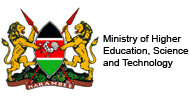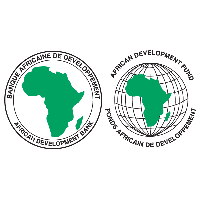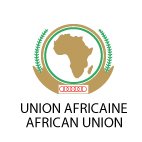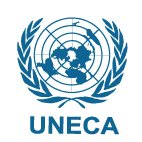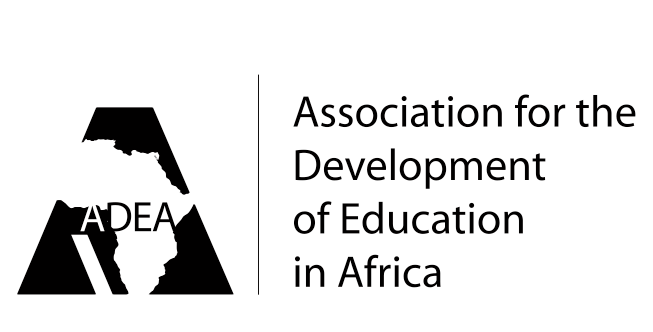African leaders embrace science, technology
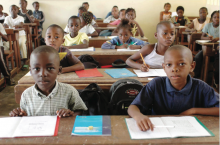
African leaders are becoming more aware of the role of Science Technology and Technology (STI) in development. The key challenge, however, remains the formulation of STI policies and their implementation at national and local level. This came to the fore yesterday in session one of the first African Forum on STI hosted by the Government of Kenya in Nairobi from April 1 to 3.The questions delegates had to answer in this session were: What can Africa do to meet the demand for quality Science, Technology, Engineering and Mathematics (STEM) education in Higher Education Institutions (HEIs)? What promising models can be developed?
These questions were asked against the backdrop of the demand for STEM education growing exponentially, but faculty rosters were not keeping pace and, in many cases, are declining.
According to the report of rapporteur Hamidou Boukary of the Asssociation for the Development of Education in Africa (ADEA) another strong theme was that Africa had to demystify science to make it accessible to a vast majority of African communities. In addition a scientific culture had to start very early in the education system . Teachers should also be motivated through incentives to teach scientific subjects and interest in STI could be stirred through scholarships, award and competitions.
However, there was a paradox in Africa with regard to STEM: as the demand for it is on the rise the number of students enrolling in STEM is declining and failure in completing degrees is also getting higher, Boukary's summary stated.
One way to tackle this was to involve the African diaspora to address the gap of scientists and engineers. The African Union couls be tasked to do a stock-taking of the number and quality of African scientists in the diaspora. As countries tackle these challenges they should rely first on national financial and human resources. However, post-conflict countries may face financial and human resources constraints, some delegates said.
The session was chaired Professor Shaukat Abdulrazak, CEO of the National Council of Science and Technology in Kenya. The panelist in the session were Professors Mohammad Hassan, Immediate Past President of the African Academy of Sciences, Romain Murenzi, Executive Director, TWAS and Former Minister of Science in Rwanda and David W. Strangway, President and CEO of the Canada Foundation for Innovation.
Prof. Mohamed Hassan shared the experience of the Regional Initiative for Science and Education (RISE), which is contributing to increase the number of M asters and PhD candidates.
Murenzi introduced the participants to the TWAS Initiative, a UNESCO-supported program. It's objecives are to promote excellence in scientific research, strengthen South-South and South-North collaboration, responds to needs of young scientists and engage in dissemination of scientific information.
Strangway said the STI conference was a strong indication of the rising capacity of Africa to focus on research capacity and innovation
In addition to the panelists, two discussants reacted to the presentations They were Guy-Florent Ankogui-Mpoko, in charge of Education, Higher Education and Research in the Prime Minister’s Office in Central African Republic and Mahouton Norbert Hounkonnou, UNESCO Chair of Mathematical, Physics and Applications in Benin.

